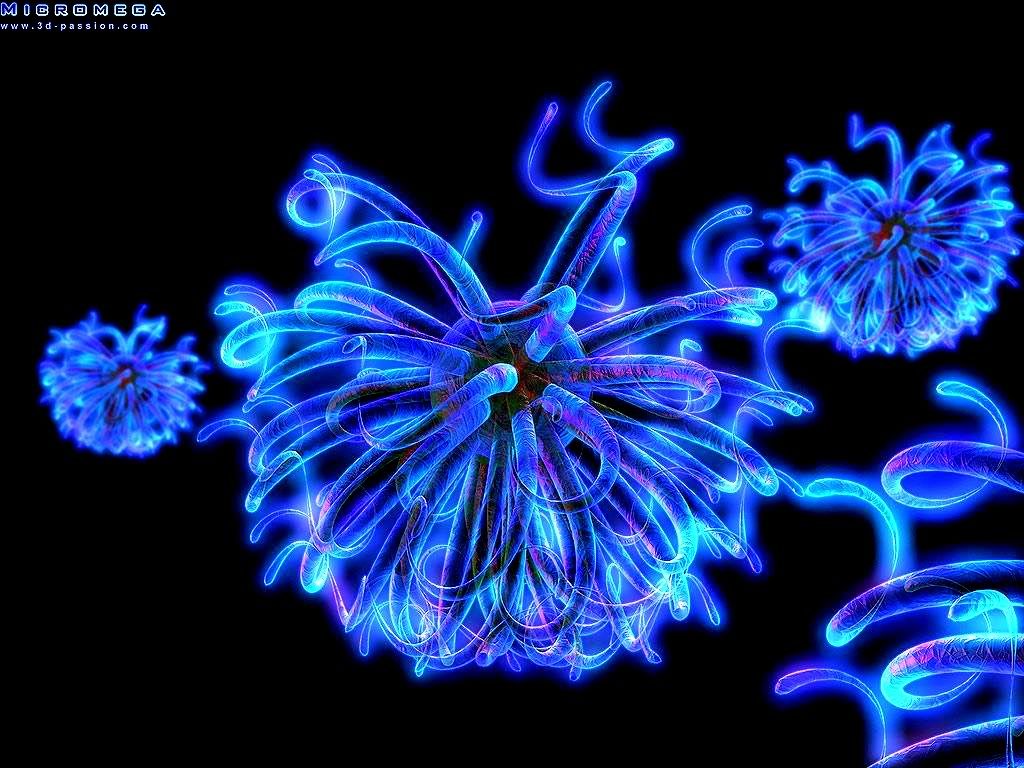As soon as I started feeling secure and let the Jules Verne side of me enjoy the beautiful expectation from all the scientific changes and the possibility of achieving new energy that could prolong life forever, I encountered a new dilemma. Scientists say we do not have much time.
According to the new research: ” The last life on Earth will perish in 2.8 billion years, scorched by the dying sun as it swells to become a red giant. For about a billion years before that, the only living things will be single-celled organisms drifting in isolated pools of hot, salty water.
Wordsworth wrote his poem Tintern Abbey because he loved the nature and it is immortal but scientists think otherwise: ” The team started by modelling rising temperatures on Earth’s surface at different latitudes, along with long-term changes to the planet’s orbital characteristics. Their model shows that as the sun ages and heats Earth more, complex life withers – plants, mammals, fish and finally invertebrates disappear as temperatures soar. The oceans vaporise, and plate tectonics grind to a halt without this water as a lubricant. Eventually, pools of hot brine are all that exist in the less scorching higher altitudes, in sheltered caves or far underground.”
So if we are lucky enough and hope that we wouldn’t end up suffocating our planet because credit cards ask us “do more” and if we could move to another galaxy and … No stop right there, the scientists claim that most probably we could only find microbes in other places like ours : “Complex life could exist for comparatively short periods before the star begins to die and conditions once again become favourable to microbes alone. Statistically then, if alien life is out there, it is more likely to be microbial simply due to timing, the team says .”
Continue Reading:
Image source
http://s2.photobucket.com/user/compufreak816/media/bluemicrobes.jpg.html


Leave a Reply